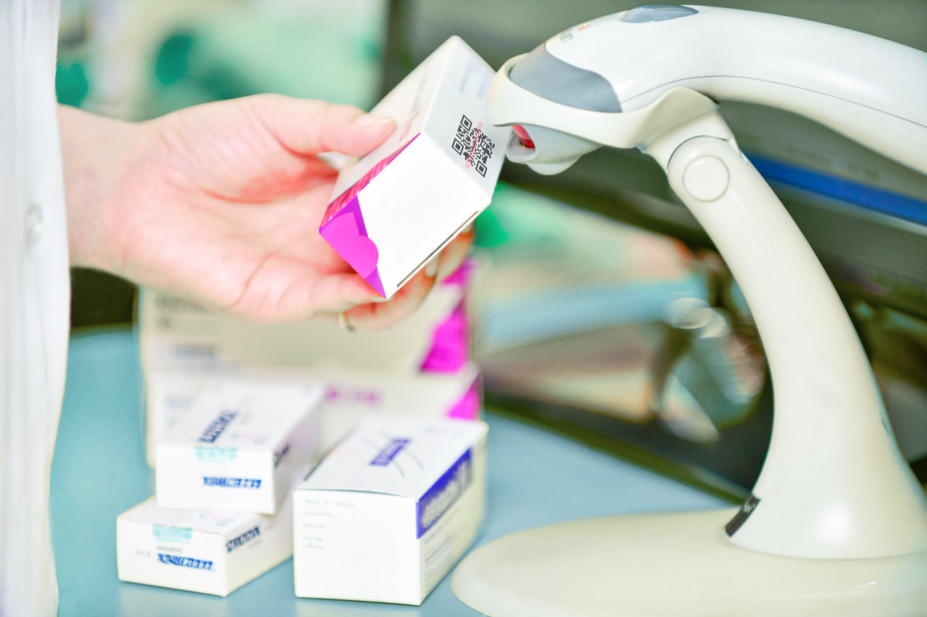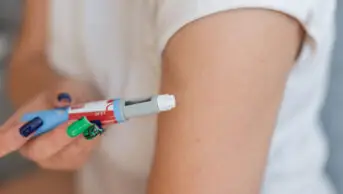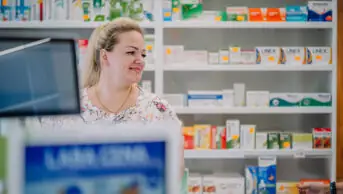
Alamy Stock Photo
The Medicines and Healthcare Regulatory Agency (MHRA) has confirmed that it has taken regulatory action against a small number of companies for infringements over compliance with the Falsified Medicines Directive (FMD), although it would not say how many companies were involved.
The statement came after Tracy Moore, an inspector at the MHRA, revealed in a blog published on 5 July 2019, that during inspections her team found “some systems that required improvement and examples of systems that failed to identify falsified stock as part of the pharmaceutical quality system requirements”.
In the statement, issued to The Pharmaceutical Journal on 18 July 2019, the MHRA said that FMD compliance is now part of its routine inspection process of manufacturers and wholesalers, while the General Pharmaceutical Council (GPhC) is responsible for assessing FMD compliance among pharmacies.
If inspectors find manufacturers or wholesalers are not complying with the FMD, they are required to come up with an action plan to address the issues.
However, if the problems are not addressed or if the regulator finds an issue could put public health at risk, regulatory action will be taken, including suspending or revoking the manufacturing or wholesale authorisations.
Martin Sawer, executive director of the Healthcare Distribution Association (HDA), whose members supply more than 90% of NHS medicines, told The Pharmaceutical Journal that while the HDA’s members were all aware of the details of FMD compliance, it could be that some smaller wholesalers were not.
“Many of those who hold a wholesaler licence may have their main business as something else — GPs, hospitals,” he said. “Those may not be 100% aware that they need to be wholesale compliant as well as dispensing compliant.
“The MHRA has to think about making sure its communications reach all the parts that comms don’t always reach. We’re only responsible for our members, and our members are all aware of it.”
According to Jerome Bertin, general manager of SecurMed — the UK’s medicines verification system — the ten largest drug wholesalers in the UK, which represent 85% of wholesale volume, have connected to the FMD system. However, 40% of the remaining 1,500 have yet to register.
On 10 June 2019, the European Medicines Verification Organisation said that medicines regulators in individual countries should begin enforcing FMD compliance, as 40% of manufacturers and 25% of “supply chain actors” — including pharmacies, hospitals and wholesalers — across the EU had not yet connected to their national medicines verification systems (NMVSs).
Steve Hoare, quality, regulatory science and safety policy director at the Association of the British Pharmaceutical Industry (ABPI), said that he was “not aware of any ABPI members reporting regulatory action with regard to FMD compliance”, nor was he aware of any members who were not yet connected to the NMVS.
“Regulatory inspections offer the chance for companies to continuously improve their processes, and as with implementing any new guideline, we welcome the feedback from the MHRA during their audits to refine our interpretation for the benefit of patient safety,” he added.
The MHRA said in January 2019 that it would work together with the GPhC to ensure pharmacies met FMD requirements, with the MHRA in charge of regulatory action and, “as a last resort, criminal prosecution for the most serious, persistent breaches”.


